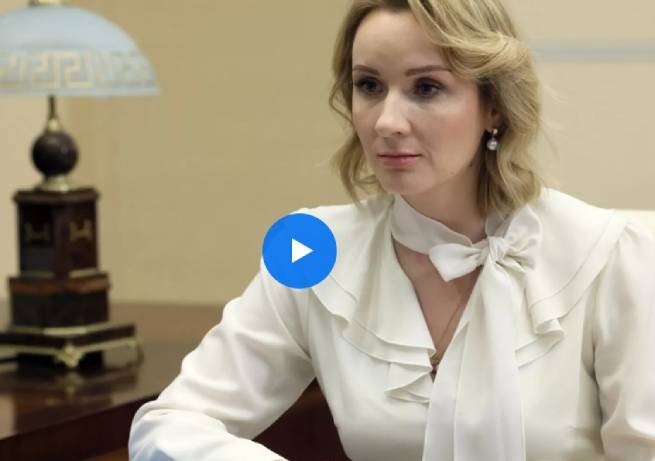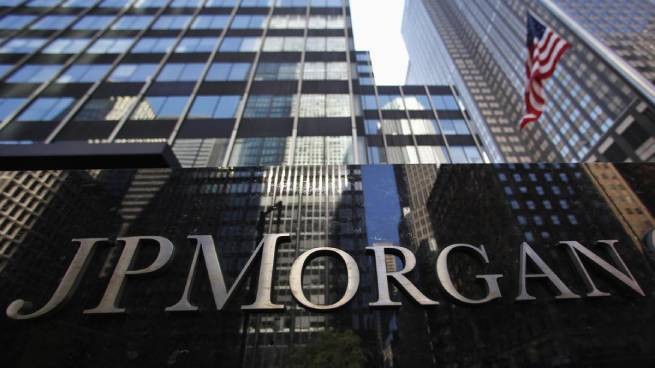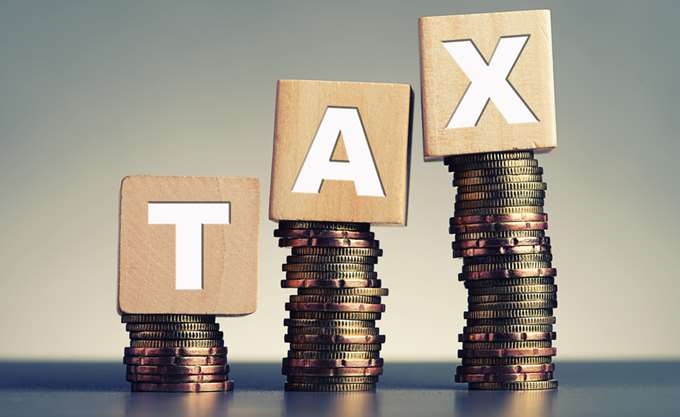New Democracy may be much more careful about what it says in public, but at the first place on the agenda of the government and the changes that are expected to be launched after the elections, is tax increases for freelancers, self-employed entrepreneurs.
Under pressure from the European Commission, as well as in accordance with AADE data, according to which 55% of freelancers declare beggarly incomes of up to 5,000 euros, and 73% – up to 10,000 euros, the above changes are inevitable.
Already from November 2022, the Ministry of Finance commissioned IOBE to conduct a study on changes in the taxation of freelancers and self-employed, which, however, is kept in the strictest confidence due to the fact that we are in the pre-election period, and the case of the statements of G. Katrougalos and how much it cost SYRIZA is still fresh.
It should be noted here that freelancers massively voted for ND in the May 21 elections, with a percentage of about 52%. Also well known are the recommendations of the Troika, starting in 2011, to increase the participation of freelancers in the tax burden, but after 12 years they remain unfulfilled.
The problem with freelancers is that they report extremely low net income, and the tax they have to pay is minimal, and much lower than that of employees. At the same time, while hiding income from the tax authorities, they enjoy all the benefits available to the low-income, such as fuel, heating, etc.
Significantly in this context, a measure to provide 20 self-employed categories with an additional deduction for electronically paid expenses in order to obtain a strong tax deduction failed because the expenses declared in Taxisnet were minimal, which led to review or even abolish this measure.
What the IOBE report says
According to the instructions of the Ministry of Finance, the IOBE report will include the following:
- A descriptive analysis of the institution of the self-employed in the Greek economy.
- Analysis of the structure, rates and revenues from taxes on the self-employed (such as business tax, income, advance, various tax incentives) in Greece.
- Coverage of the international practice of taxation of the self-employed.
- Proposals for reforming the taxation system for the self-employed in Greece in order to broaden the tax base – an estimate of the expected revenues from indicative scenarios of measures, for example, incentives for electronic payments, changes in income taxation.
Documentation
In essence, the government wants to revise the tax system for the self-employed in Greece, compared to international practice, with the aim of simplifying and broadening the tax base based on similar incentives. But the problem is that self-employed people do not declare their real income. No matter how many incentives there are for collecting receipts, and if electronic payments become mandatory, this will not solve the problem, because there is always the possibility of not issuing receipts.
In the case of, for example, a plumber, electrician, painter, etc. the price is set by agreement, and negotiations begin with the phrase “so much with a receipt, so much without a receipt.” And the second option is usually chosen, since it involves a noticeably smaller amount.
In this context, the following solutions are considered:
- Limiting the possibility of deducting expenses from gross revenue.
- Change in unique net income ratios.
- Restoring the presumptions that existed in the 1990s in a more modern form so that freelancers are taxed on a minimum amount of net income.
- Maintaining and strengthening the presumptions of life for the self-employed and self-employed.
- Strengthening tax audits, especially on the bank accounts of freelancers and the self-employed.
- Income hunger.
According to the latest AADE data, freelancers and the self-employed report the following net income by income category:
- 86,060 or 23.5% declare income up to 1,000 euros per year.
- 202,547 professionals or 55.2% declare income up to 5,000 euros per year.
- 268,027 professionals or 73.1% declare income up to 10,000 euros per year.
- 323,104 professionals or 88.1% declare income up to €20,000 per year
- 344,292 professionals, or 93.9%, declare income up to €30,000 per year.
- 365,088 professionals or 99.5% declare income up to €100,000 per year.
- Only 1699 professionals or 0.5% declare annual income over €100,000.







More Stories
Turkish tourists choose Samos for their holidays
Food: Testing for Pesticides
Highway E65: how long does the Athens-Kalambaka journey take, toll